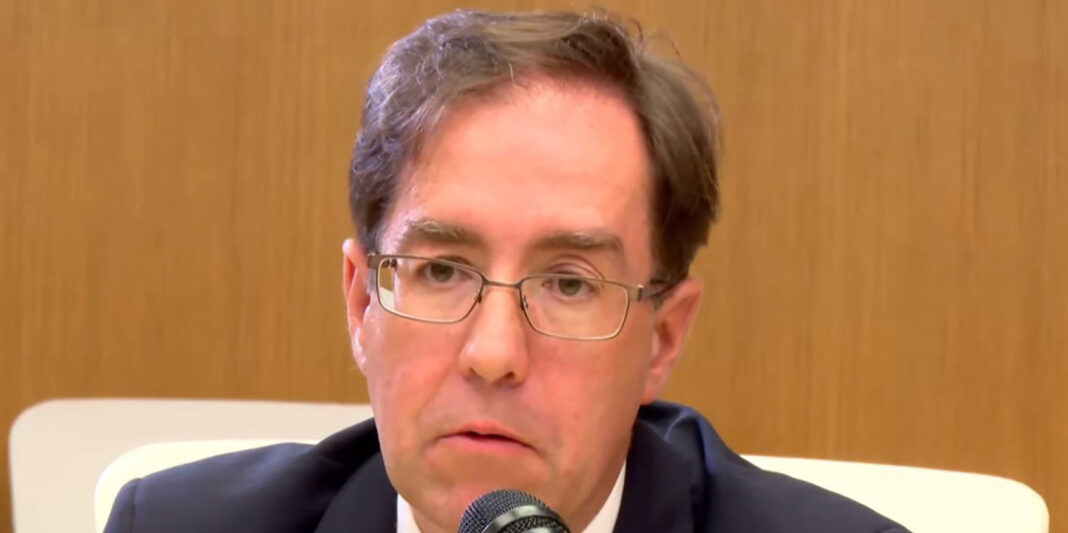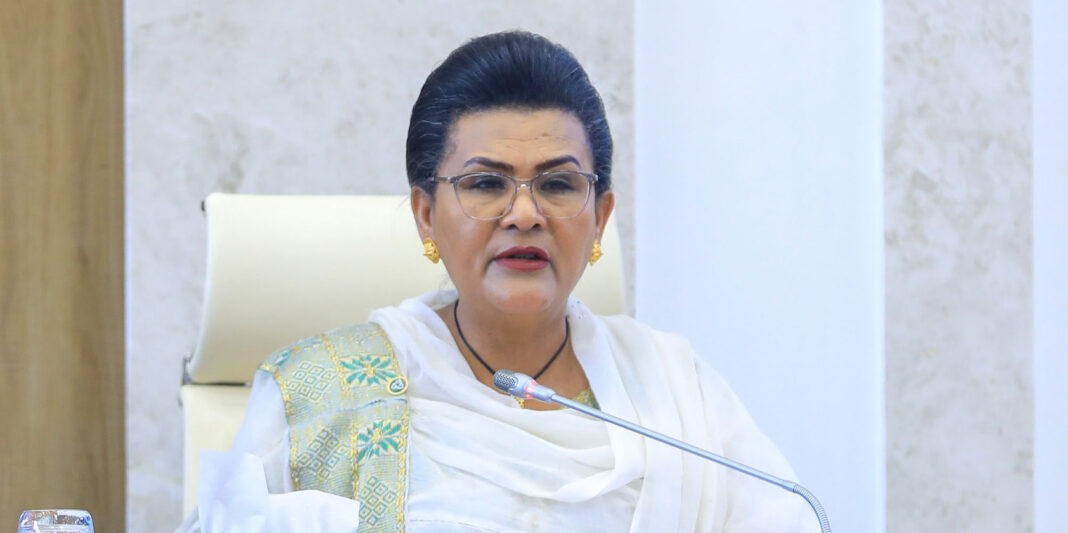An IMF staff team recently concluded its visit to Addis Ababa without reaching a final agreement on the Fourth Review of Ethiopia’s Extended Credit Facility (ECF). Following the two-week mission, the Fund announced that discussions will continue virtually.
Led by Alvaro Piris, the delegation was in the city from October 30 to November 13 for the regular six-month review of the macroeconomic reform program initiated in July 2024.
In a brief statement issued on Thursday evening, Piris reported that the team had made significant progress toward achieving a staff-level agreement on the fourth ECF review, adding, “Discussions will continue virtually in the coming weeks.”
During their visit, the IMF team met with senior government officials, banks, and private companies, in line with standard practice. Notably, the Commercial Bank of Ethiopia (CBE) publicly disclosed its meeting with the delegation, an uncommon display of transparency.
The CBE clarified the reforms it is implementing in accordance with the national economic program. Discussions reportedly focused on credit administration, health, resource mobilization, and the bank’s portfolio of government securities. The bank emphasized its five-year strategy prioritizing credit availability for the private sector, which the delegation acknowledged as a positive effort in revenue generation and managing outstanding loans.
However, experts indicate that the IMF’s statement, which confirms ongoing discussions, suggests that some issues remain unresolved between the international partner and the government. They assert that the IMF has specific expectations the government must fulfill before finalizing the fourth review, such as lifting the credit growth cap imposed on banks.
“The reform program designed with international partners is very comprehensive, making it challenging to identify the precise areas of disagreement in this latest review,” said an expert familiar with the situation.
Other experts argue that despite the government’s regular assurances of progress, certain areas are lagging. They point to the foreign currency market as a crucial example that is not functioning as effectively as anticipated.
Ultimately, both parties seem to agree that the IMF’s announcement of continued virtual discussions indicates that unresolved issues require further negotiation before a final agreement can be reached.
Capital’s attempts to obtain additional information from Piris were unsuccessful.







